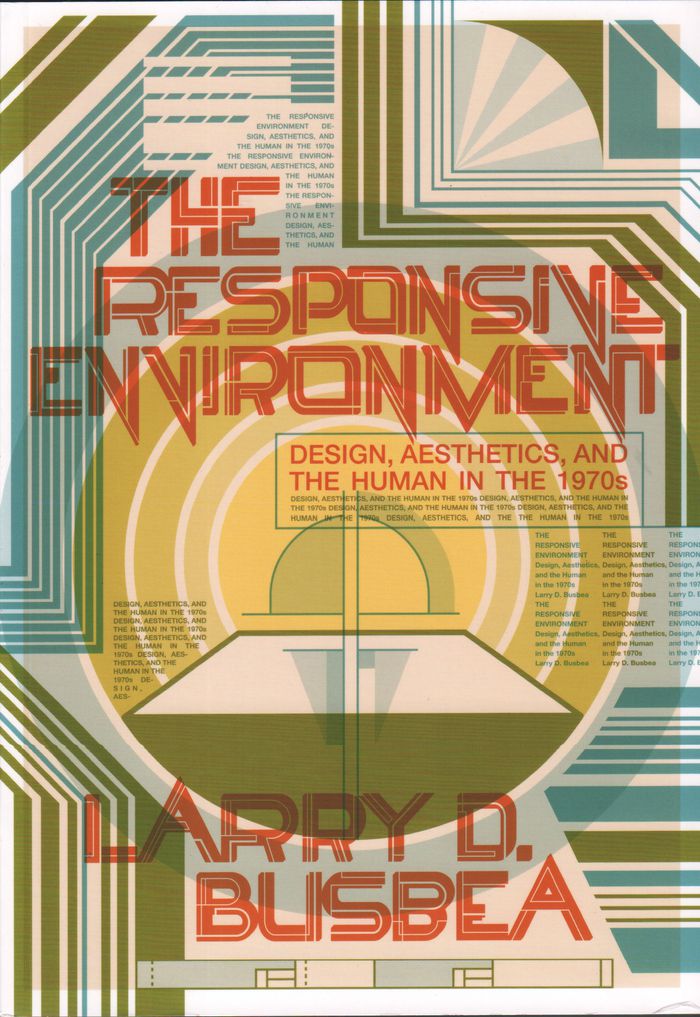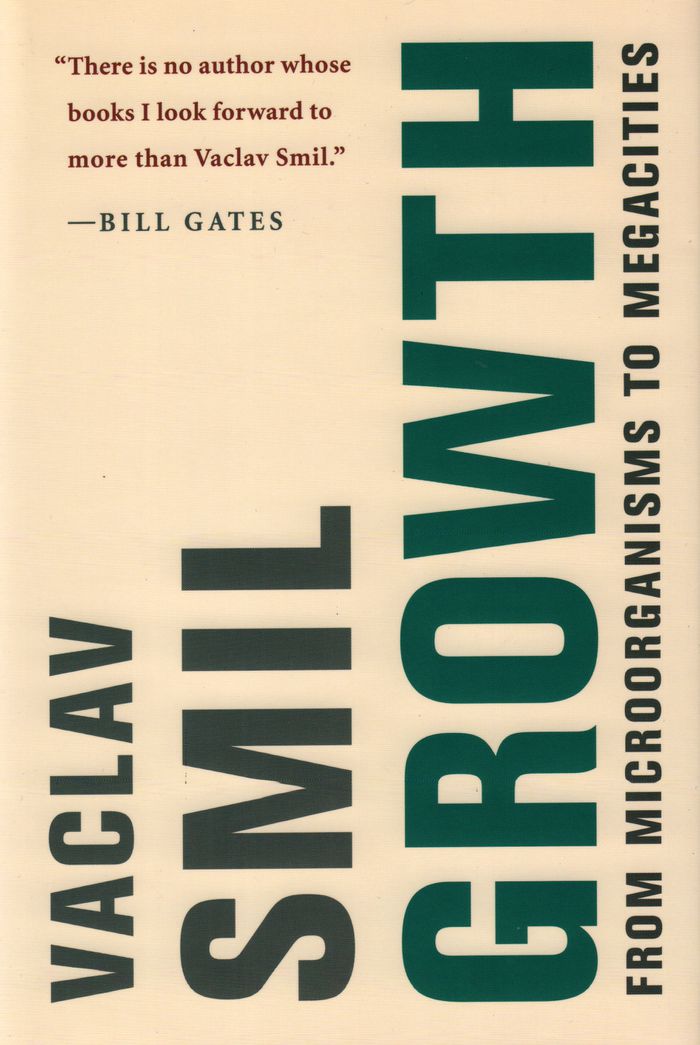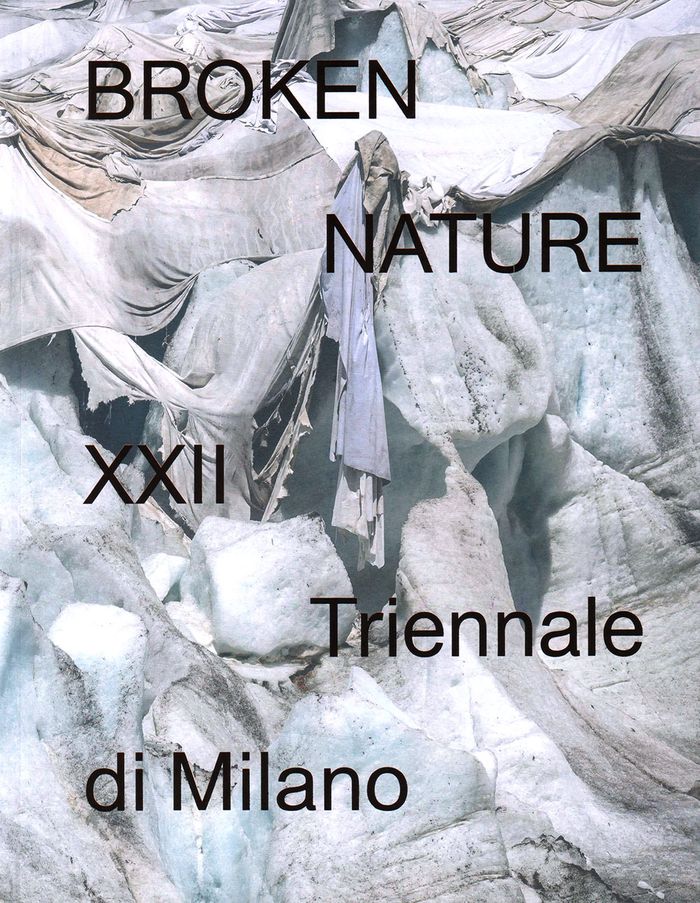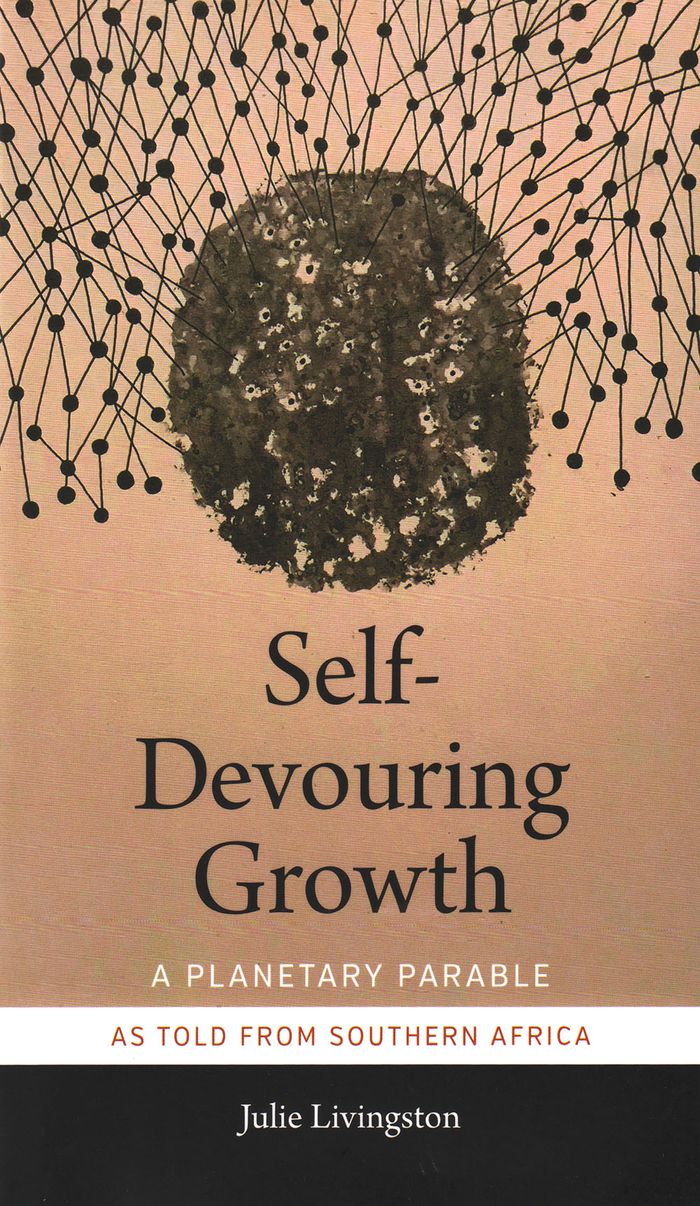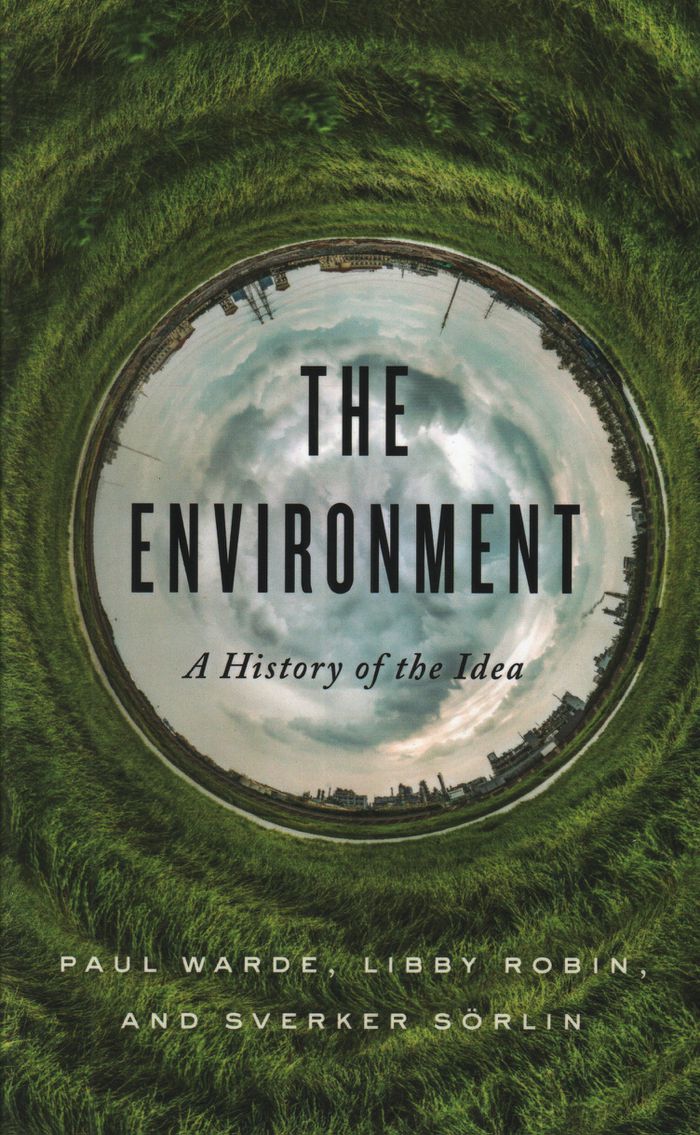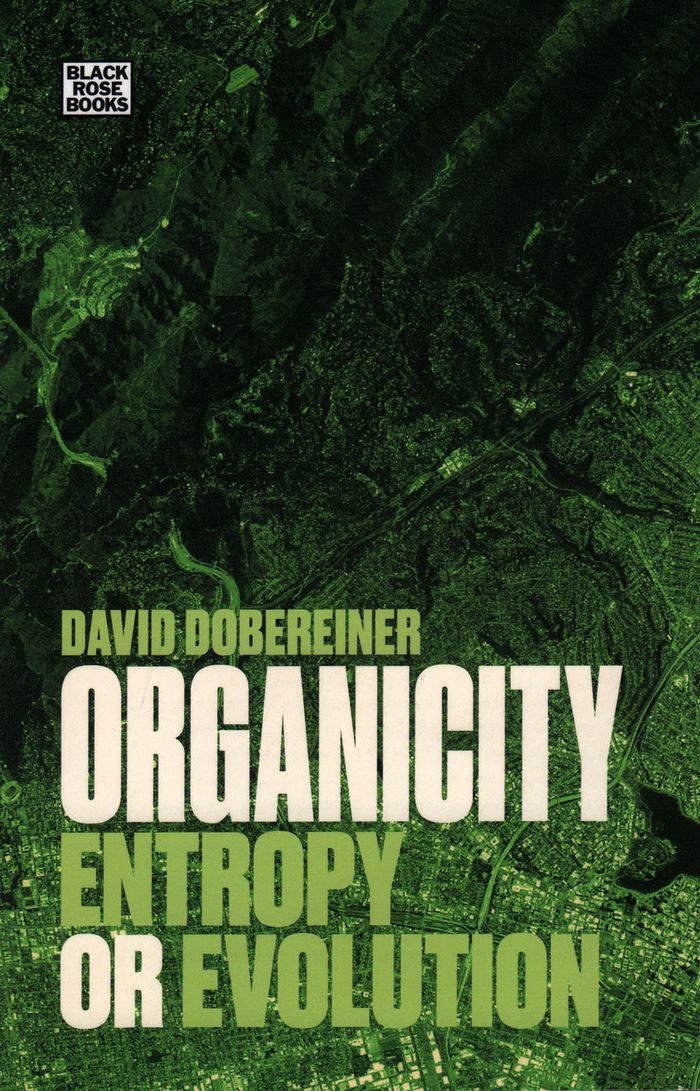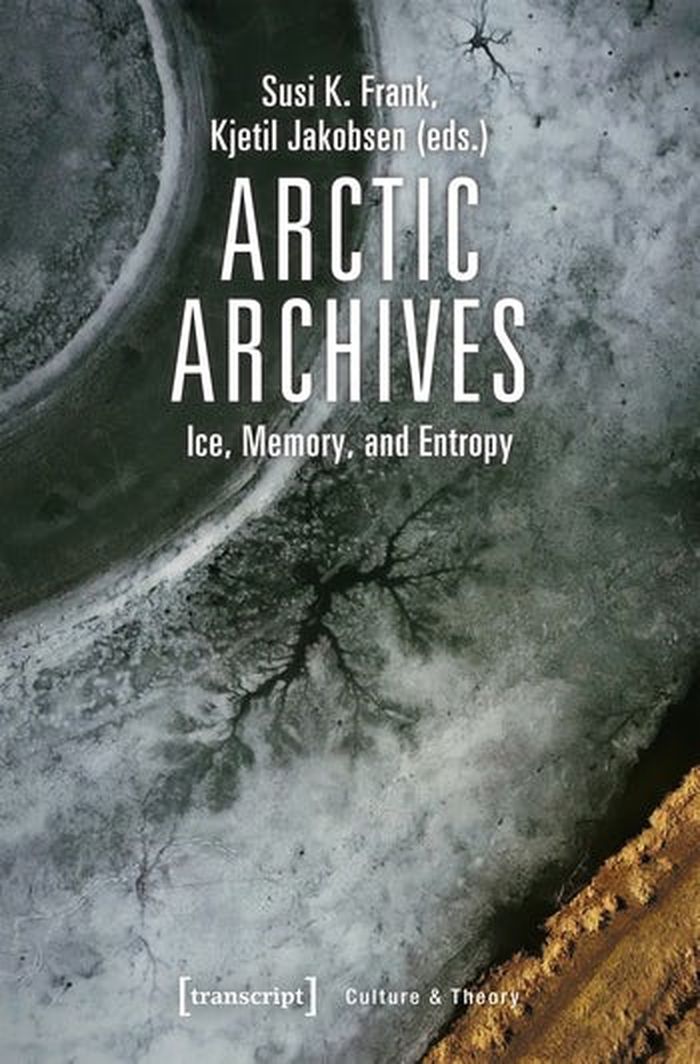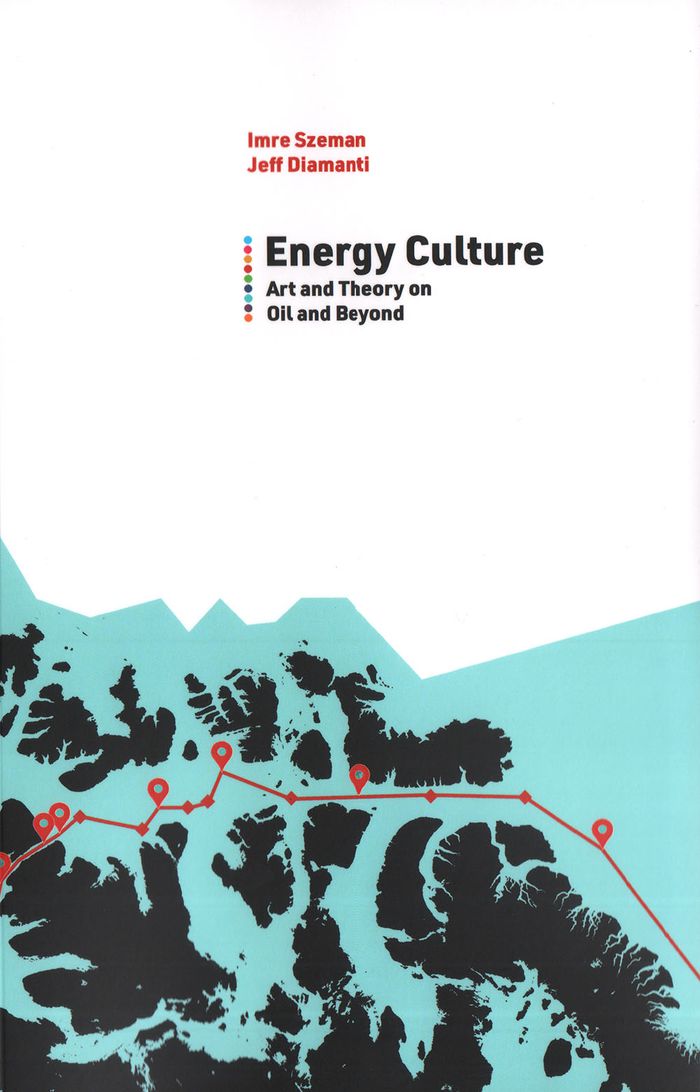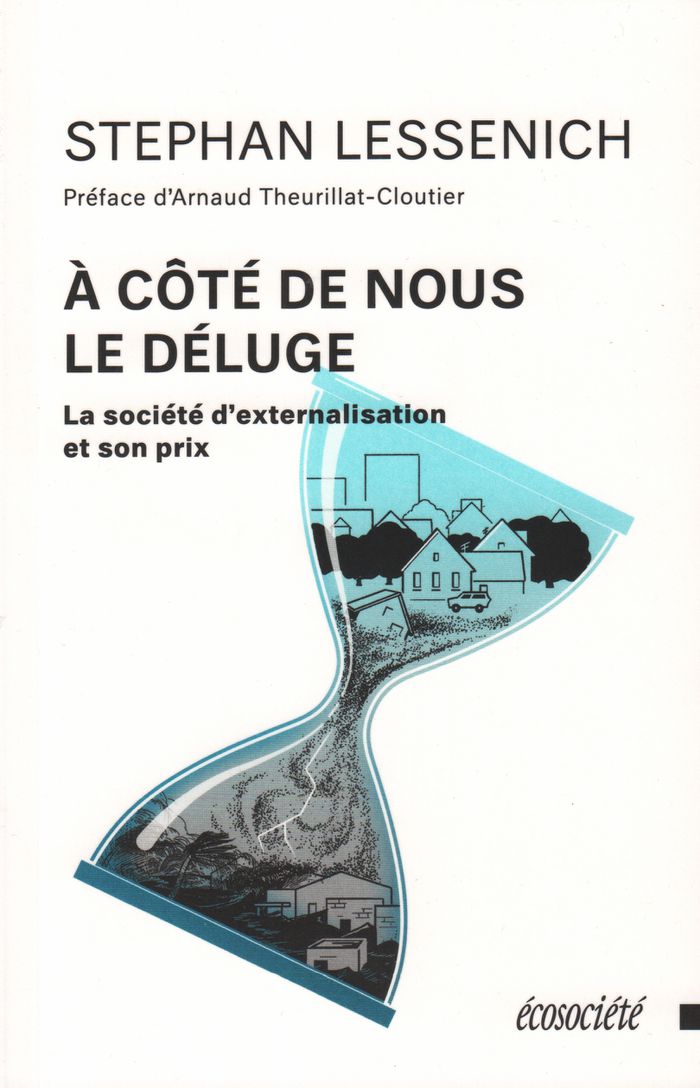$44.00
(available in store)
Summary:
In 'The Responsive Environment', Larry D. Busbea takes up the concept of environment as an object and method of design at the height of its aesthetic, technical, and discursive elaboration. Exploring emerging paradigms of environmental perception, patterning, and control, he shows how living space itself was reimagined as a domain capable of modification through input(...)
The responsive environment: design, aesthetics and the human in the 1970s
Actions:
Price:
$44.00
(available in store)
Summary:
In 'The Responsive Environment', Larry D. Busbea takes up the concept of environment as an object and method of design at the height of its aesthetic, technical, and discursive elaboration. Exploring emerging paradigms of environmental perception, patterning, and control, he shows how living space itself was reimagined as a domain capable of modification through input from its newly sensitized inhabitants.
Environment and environmental theory
$54.95
(available to order)
Summary:
Growth has been both an unspoken and an explicit aim of our individual and collective striving. It governs the lives of microorganisms and galaxies; it shapes the capabilities of our extraordinarily large brains and the fortunes of our economies. Growth is manifested in annual increments of continental crust, a rising gross domestic product, a child's growth chart, the(...)
Growth: from microorganisms to megacities
Actions:
Price:
$54.95
(available to order)
Summary:
Growth has been both an unspoken and an explicit aim of our individual and collective striving. It governs the lives of microorganisms and galaxies; it shapes the capabilities of our extraordinarily large brains and the fortunes of our economies. Growth is manifested in annual increments of continental crust, a rising gross domestic product, a child's growth chart, the spread of cancerous cells. In this book, Vaclav Smil offers systematic investigation of growth in nature and society, from tiny organisms to the trajectories of empires and civilizations.
Environment and environmental theory
$43.95
(available to order)
Summary:
By bringing together the voices of a number of curators, scientists, scholars, designers, and artists, the XXII Triennale di Milano seeks to engage its visitors with questions of climate change, migration, artificial intelligence, politics, gender, labour, economics, social justice, and natural histories. This exhibition catalog highlights objects and concepts at all(...)
Broken nature: design takes on human survival. XXII Triennale du Milano
Actions:
Price:
$43.95
(available to order)
Summary:
By bringing together the voices of a number of curators, scientists, scholars, designers, and artists, the XXII Triennale di Milano seeks to engage its visitors with questions of climate change, migration, artificial intelligence, politics, gender, labour, economics, social justice, and natural histories. This exhibition catalog highlights objects and concepts at all scales that reconsider humans' relationship with their environment, including research into both natural and social ecosystems. The aim is to trace design's ability to move us into a more constructive sense of indebtedness toward nature. This volume will appeal to the design community as well as a broader readership and scholars who study the sociological, economic, political, and personal ramifications of design as it relates to the environment.
Environment and environmental theory
$31.95
(available to order)
Summary:
Under capitalism, economic growth is seen as the key to collective well-being. In "Self-Devouring Growth" Julie Livingston upends this notion, showing that while consumption-driven growth may seem to benefit a particular locale, it produces a number of unacknowledged, negative consequences that ripple throughout the wider world. Structuring the book as a parable in which(...)
Self-devouring growth: a planetary fable as told from southern Africa
Actions:
Price:
$31.95
(available to order)
Summary:
Under capitalism, economic growth is seen as the key to collective well-being. In "Self-Devouring Growth" Julie Livingston upends this notion, showing that while consumption-driven growth may seem to benefit a particular locale, it produces a number of unacknowledged, negative consequences that ripple throughout the wider world. Structuring the book as a parable in which the example of Botswana has lessons for the rest of the globe, Livingston shows how fundamental needs for water, food, and transportation become harnessed to what she calls self-devouring growth: an unchecked and unsustainable global pursuit of economic growth that threatens catastrophic environmental destruction. As Livingston notes, improved technology alone cannot stave off such destruction; what is required is a greater accounting of the web of relationships between humans, nonhuman beings, plants, and minerals that growth entails. Livingston contends that by failing to understand these relationships and the consequences of self-devouring growth, we may be unknowingly consuming our future.
Environment and environmental theory
$41.95
(available to order)
Summary:
Is it possible for the economy to grow without the environment being destroyed? Will our lifestyles impoverish the planet for our children and grandchildren? Is the world sick? Can it be healed? Less than a lifetime ago, these questions would have made no sense. This was not because our ancestors had no impact on nature—nor because they were unaware of the serious damage(...)
Environment and environmental theory
November 2018
The environment: a history of an idea
Actions:
Price:
$41.95
(available to order)
Summary:
Is it possible for the economy to grow without the environment being destroyed? Will our lifestyles impoverish the planet for our children and grandchildren? Is the world sick? Can it be healed? Less than a lifetime ago, these questions would have made no sense. This was not because our ancestors had no impact on nature—nor because they were unaware of the serious damage they had done. What people lacked was an idea: a way of imagining the web of interconnection and consequence of which the natural world is made. Without this notion, we didn’t have a way to describe the scale and scope of human impact upon nature. This idea was "the environment." Paul Warde, Libby Robin, and Sverker Sörlin trace the emergence of the concept of the environment following World War II, a period characterized by both hope for a new global order and fear of humans’ capacity for almost limitless destruction. It was at this moment that a new idea and a new narrative about the planet-wide impact of people's behavior emerged, closely allied to anxieties for the future. Now we had a vocabulary for talking about how we were changing nature: resource exhaustion and energy, biodiversity, pollution, and—eventually—climate change. With the rise of "the environment," the authors argue, came new expertise, making certain kinds of knowledge crucial to understanding the future of our planet.
Environment and environmental theory
$25.95
(available to order)
Summary:
Menno Schilthuizen is one of a growing number of urban ecologists studying how our manmade environments are accelerating and changing the evolution of the animals and plants around us. In ''Darwin Comes to Town,'' he takes us around the world for an up-close look at just how stunningly flexible and swift-moving natural selection can be.
Darwin comes to town: how the urban jungle drives evolution
Actions:
Price:
$25.95
(available to order)
Summary:
Menno Schilthuizen is one of a growing number of urban ecologists studying how our manmade environments are accelerating and changing the evolution of the animals and plants around us. In ''Darwin Comes to Town,'' he takes us around the world for an up-close look at just how stunningly flexible and swift-moving natural selection can be.
Environment and environmental theory
$22.99
(available in store)
Summary:
In this book, David Dobereiner lucidly delves into the present urban and ecological impasse and examines the prospects for our future. Laced with insights into social and political ecology and written with a lifetime’s experience of innovating in ecological design, the book demonstrates that there is still hope to build a more humane, egalitarian, and sustainable system,(...)
Organicity: entropy or revolution
Actions:
Price:
$22.99
(available in store)
Summary:
In this book, David Dobereiner lucidly delves into the present urban and ecological impasse and examines the prospects for our future. Laced with insights into social and political ecology and written with a lifetime’s experience of innovating in ecological design, the book demonstrates that there is still hope to build a more humane, egalitarian, and sustainable system, but it requires a fundamental shift in the way we do civilization. At the crossroads of creation and destruction, will evolution or entropy triumph?
Environment and environmental theory
$58.95
(available to order)
Summary:
This pioneering volume explores the Arctic as an important and highly endangered archive of knowledge about natural as well as human history of the Anthropocene. Focusing on the Arctic as an archive means not only to investigate it as a place of human history and memory—of Arctic exploring, conquering, and colonizing—but to take into account also the specific(...)
Environment and environmental theory
January 2020
Arctic archives: ice, memory and entropy
Actions:
Price:
$58.95
(available to order)
Summary:
This pioneering volume explores the Arctic as an important and highly endangered archive of knowledge about natural as well as human history of the Anthropocene. Focusing on the Arctic as an archive means not only to investigate it as a place of human history and memory—of Arctic exploring, conquering, and colonizing—but to take into account also the specific environmental conditions of the circumpolar region: ice and permafrost. These have allowed a huge natural archive to emerge, offering rich sources for natural scientists and historians alike. Examining the debate on the notion of ('natural') archive, the cultural semantics and historicity of the meaning of concepts like 'warm,' 'cold,' 'freezing,' and 'melting,' as well as various works of literature, art, and science on Arctic topics, this volume brings together literary scholars, historians of knowledge and philosophy, art historians, media theorists, and archivologists.
Environment and environmental theory
$49.50
(available to order)
Summary:
'Energy Culture' is a book about oil’s firm grip on our politics and everyday lives. It brings together essays and artwork produced in a collaborative environment to stimulate new ways of thinking and to achieve a more just and sustainable world.
Environment and environmental theory
November 2019
Energy culture: art and theory on oil and beyond
Actions:
Price:
$49.50
(available to order)
Summary:
'Energy Culture' is a book about oil’s firm grip on our politics and everyday lives. It brings together essays and artwork produced in a collaborative environment to stimulate new ways of thinking and to achieve a more just and sustainable world.
Environment and environmental theory
$25.00
(available to order)
Summary:
La catastrophe écologique et sociale est déjà là. Non pas après nous, mais à côté de nous. Or, en raison de notre position privilégiée au sein des sociétés riches du Nord, nous ne la percevons pas. Le sociologue allemand Stephan Lessenich fait la démonstration que le déluge social, écologique et économique ne concerne pas que les générations futures, mais doit être(...)
À côté de nous le déluge : la société d'externalisation et son prix
Actions:
Price:
$25.00
(available to order)
Summary:
La catastrophe écologique et sociale est déjà là. Non pas après nous, mais à côté de nous. Or, en raison de notre position privilégiée au sein des sociétés riches du Nord, nous ne la percevons pas. Le sociologue allemand Stephan Lessenich fait la démonstration que le déluge social, écologique et économique ne concerne pas que les générations futures, mais doit être considéré comme un phénomène qui affecte déjà les pays pauvres du Sud. Si le concept des externalités négatives n’est pas nouveau en économie, Lessenich fait exploser ce cadre d’analyse et montre comment les changements climatiques et la crise des migrants rendent matérielle et visible la société d’externalisation et son prix.
Environment and environmental theory
